The presence of health and medicine is growing at CES, the annual conference of all-things-tech for consumers. At this week’s Show in Las Vegas, we see that the Internet of Healthy Things (a phrase coined by Dr. Joe Kvedar) has taken hold and gone mainstream in remote health monitoring, wearable tech, and heart rate tracking which is now embedded (and expected by health-seeking consumers) in wristbands. An expanding category in the Internet of Healthy Things is oral care. Let’s call this the Internet of Teeth, yet another riff on “IoT.”
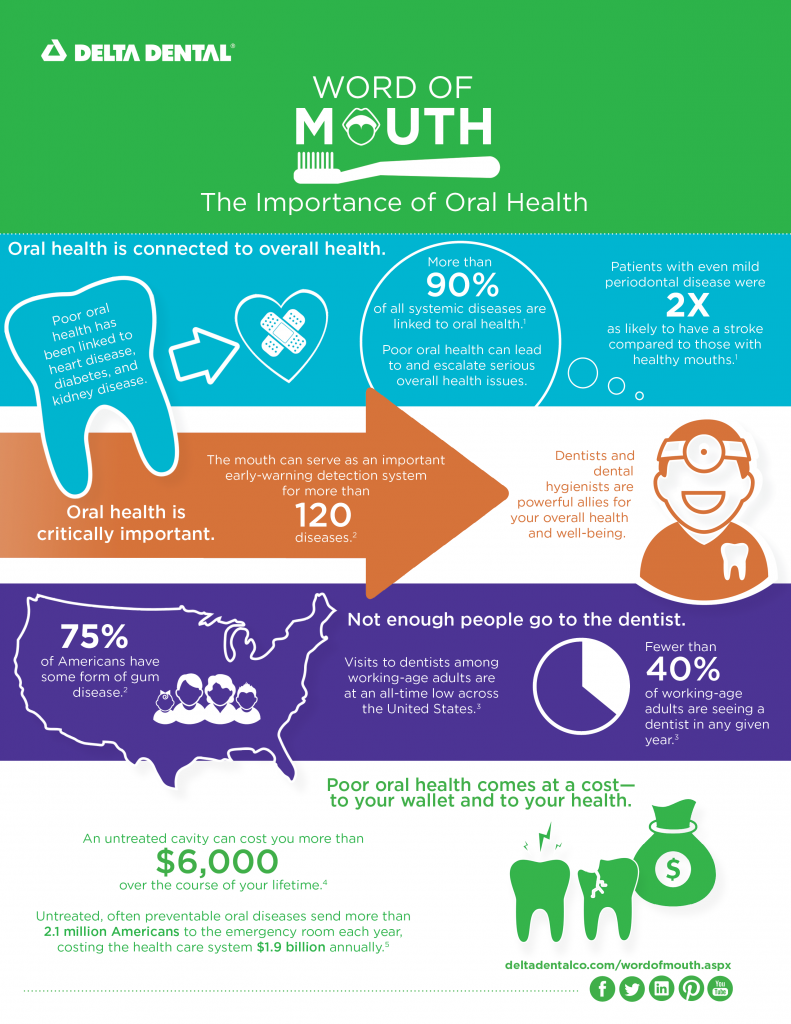
Of course, oral health goes well beyond teeth and toothbrushes. Oral care is a pillar of overall health and self-care, with medical evidence growing connecting the dots between a healthy mouth and risks for heart disease, diabetes, disabilities, and socioeconomic status. For example, people with mild periodontal disease are twice as likely to suffer a stroke. In the U.S., oral health care is a financial health stress point for many Americans, UNUM found in recent market research: only 40% of U.S. working age adults went to a dentist in a year.
To help arm health consumers for better oral care, three big players in consumer health bring tech-enabled innovations to CES 2020: P&G, home of the Oral-B brand; Colgate, which markets a globally top-selling toothpaste brand; and Philips’ Sonicare oral healthcare line-up.
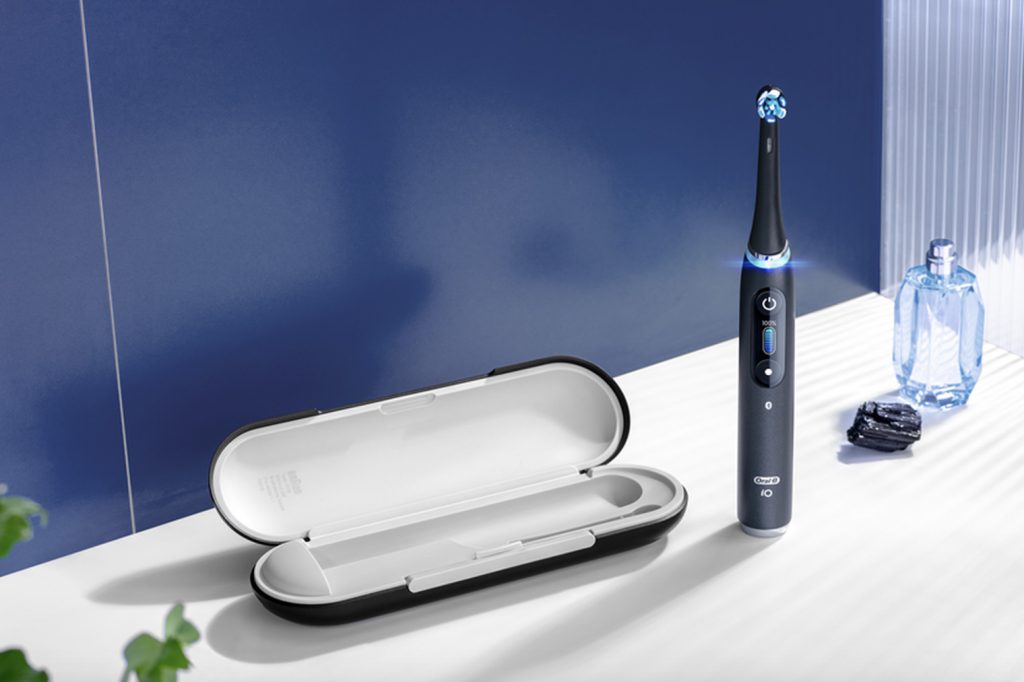
P&G launched the Oral-B iO in a press conference on Sunday, announcing the product was a 2020 CES Innovation Award Honoree. Inside this multi-patented toothbrush is a frictionless magnetic drive which energizes the oscillating/rotating brush head. As the consumer uses the brush, she generates data that is gathered by the Oral-B iO app which purports to use “Artificial Intelligence Tracking” and coach the user to better tooth brushing. Clinic test results conducted with this device yielded 100% healthier gums in one week, six times more plaque removed along the gum line, and 83% of gingivitis patients improving to healthy tums over eight weeks. The brush will be sold for purchase in August 2020.
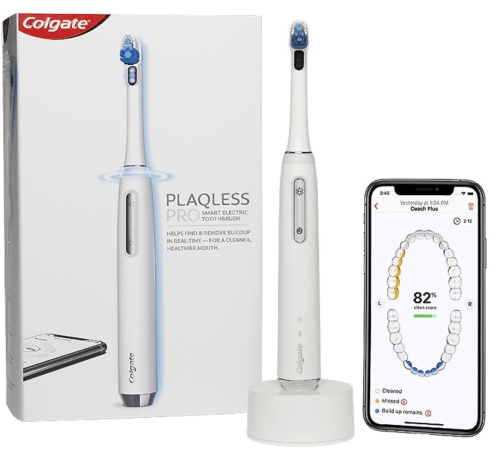
Colgate introduced the Plaqless Pro toothbrush which claims to be the “first commercially available electric toothbrush that detects biofilm buildup,” with real-time coaching to improve brushing. This device also won a 2020 CES Award, this for the Best of Innovation for Health and Beauty. When the user begins brushing her teeth, she looks for a blue light which signals biofilm building was found; she continues to brush in that area until a white light appears, and then continues to brush other areas of the mouth. The Colgate Connect App pairs the brush, and the user can see their brushing results and receive feedback and oral care advice based on their personal results. No release date was offered yet.
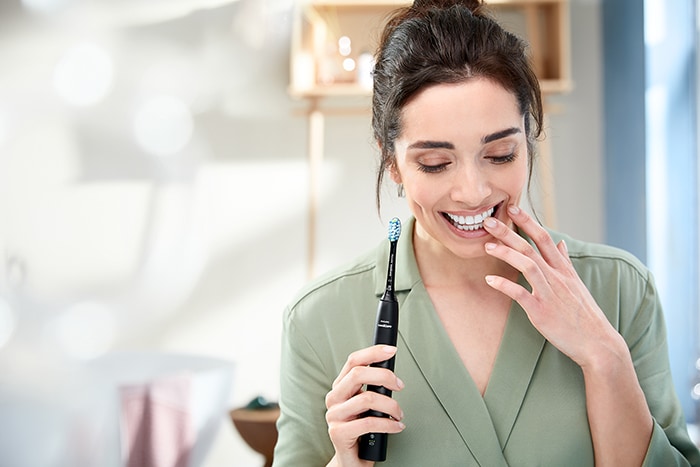
Philips adds to its Sonicare oral health line growing the BrushSmart program with Delta Dental — the largest provider of dental benefits in the U.S. Besides receiving the usual coaching and tips from the app data ecosystem from which all Sonicare users benefit, dental plan members who agree to share their brushing data when using a Philips Sonicare toothbrush receive Products and services such as the Sonicare ExpertClean toothbrush and free brush heads. This program was piloted first by employees in Callaway Golf, Ultimate Medical Academy, and Web.com. Last year, Philips rolled out a teledentistry service, enabling consumers to find a dentist who lack a regular source of dental care.

Philips’ example of (1) sponsoring the teledentistry networking service and (2) collaborating with Delta Dental is part of larger trend in the health/care ecosystem of partnering to add value to health consumers’ journeys and demand for greater service levels enjoyed in other industries outside of healthcare. Think of this as the concept we’ve long discussed with pharma companies — adding “value beyond the pill.” Here, in the Internet of Teeth domain, it’s “value beyond the toothbrush.”
Driving self-care demand is the lack of universal dental coverage in the U.S., with employer coverage spotty and when available, can involve significant co-payments and coinsurance. Recent research published in Health Affairs found that Americans’ visits to dentists have been declining, while preventive care persists. This is the opportunity for tech and consumer health companies to address as people seek to make their homes their health-hubs.


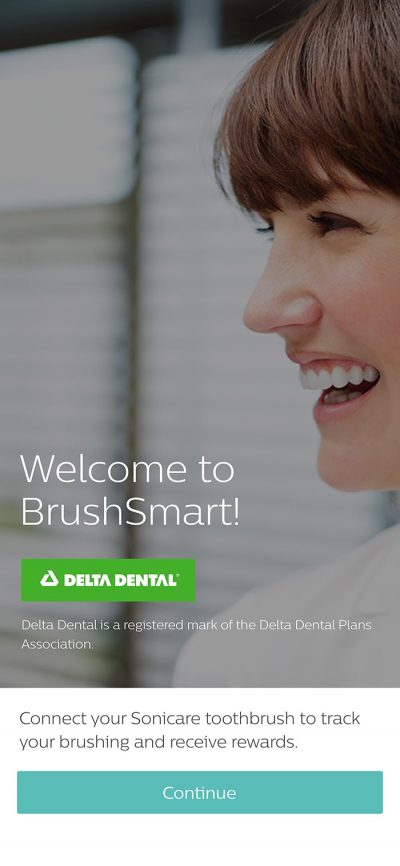


 I am so grateful to Tom Lawry for asking me to pen the foreword for his book, Health Care Nation,
I am so grateful to Tom Lawry for asking me to pen the foreword for his book, Health Care Nation,  Thanks to Feedspot for naming this blog, Health Populi, as a
Thanks to Feedspot for naming this blog, Health Populi, as a